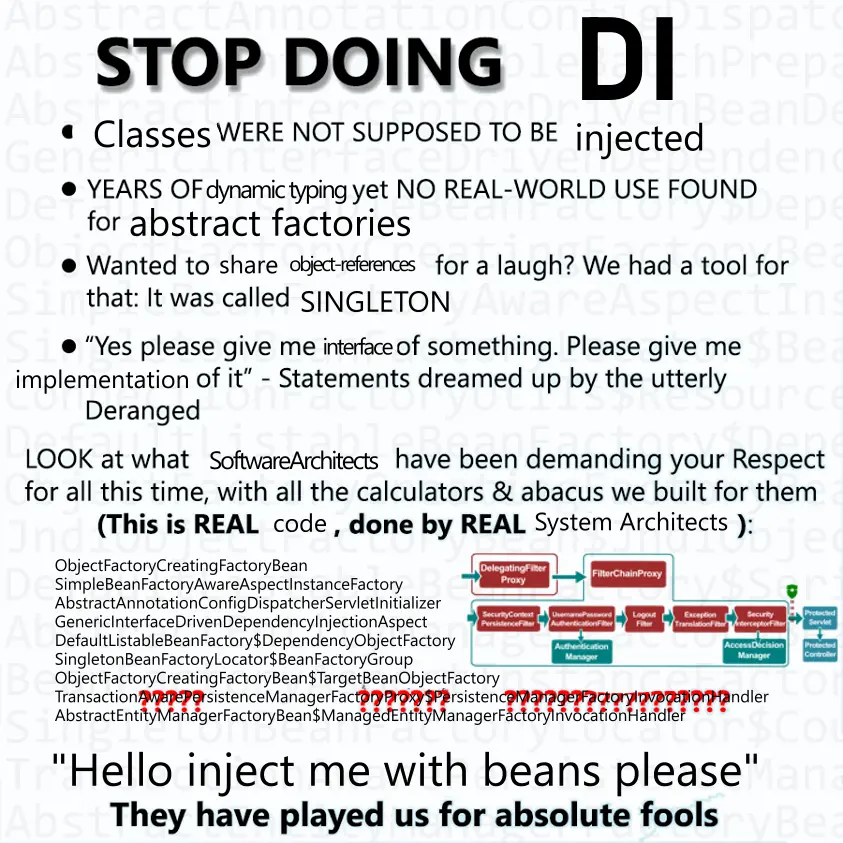is it still owned by tencent?
bort
why not have a single global timezone and people change their local numbers.
e.g. if you life in hawaii you stand up at 11pm and if people in russia work until 8am.
[nitpick] could have written a black "シ" in front of the "sh" to keep consistency with the other katakana. Also it looks like a grinning smiley, which is also nice.
Heinlein himself was libertarian
didn't he change his views a couple times during his life?
so why not copy them?
oh, I totally agree with you.
In fact standards are made to be copied. That's like the entire point of them.
People behind ISO 216 thought of everyting
how to make a good standard:
step 1: copy from DIN
Accusing a man of being “ergi,” which is basically unmanly, was enough of an insult to be answered with blood
"using gay as an insult" is not proof of extreme homophobia. By that logic every teenager on the planet would be extreme homophobic.
In fact, pretty much every descriptive word can be used as an insult. If anything your example proofs, that vikings take insults very serious.
because of two bodies can not occupy the same space, the feather and the ball will be in different position when you drop them. And therefor gravitation will pull the earth slightly more toward the ball and slightly less toward the feather.
I like the explanation that devious spirits cannot say this phrase and that’s why it’s used
Evil spirits can not say the same word twice in a row. Foxes can not say "moshi". With "moshi moshi" you get a 2-for-1 special.
so... it turns into a VRMMORPG fantasy Isekai?


the mode is probably 0.
e.g. there are plenty of people with exactly 0 income. there are few people with exactly another income.